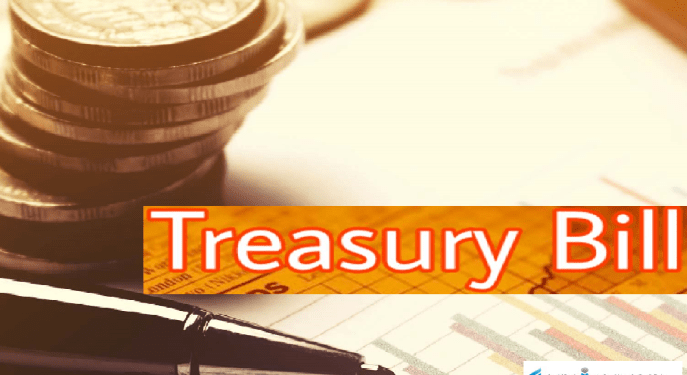RelatedPosts
Treasury Auction Undersubscription Continues Amid Waning Investor Appetite
Ghana’s latest short-term debt auction ended in a notable undersubscription, raising GHS 2.95 billion—well below the GHS 4.55 billion target—signalling declining investor confidence and tighter liquidity conditions in the money market.
The auction, which fell short by GHS 1.6 billion, marks a sharp deterioration in performance compared to the previous tender, which missed its target by GHS 395 million. The result suggests a growing cautiousness among investors despite relatively stable yield levels.
Investor demand continued to tilt heavily towards the 91-day Treasury bill, which raised GHS 2.19 billion. The government rejected GHS 227 million worth of bids for the instrument, indicating some pricing resistance.
The 182-day bill attracted GHS 603 million, with GHS 113 million in bids turned down. The 364-day bill drew the weakest interest, raising GHS 157 million and rejecting GHS 79 million in offers.
Yield movements across the curve were modest but pointed to a stabilising inflation outlook. The 91-day yield edged down by one basis point to 14.69%, while the 182-day rate held steady at 15.25%. The 364-day bill dipped by five basis points to 15.69%.
Analysts say the marginal moderation in yields aligns with the Bank of Ghana’s disinflation-driven policy stance, reflecting tempered inflation expectations and reduced fiscal urgency in short-term borrowing.
However, the persistent undersubscription underscores investor concerns over debt sustainability and liquidity constraints within the domestic market.
The next auction, Tender 1961, is expected to target GHS 3.86 billion—GHS 691 million lower than the current auction target—likely reflecting a tactical adjustment by the Treasury in response to recent weak demand.
Market watchers will be closely monitoring subscription levels and yield dynamics in the coming auctions as indicators of investor confidence and broader macro-financial stability.









The reduction of commodities following the appreciation of the cedi to the dollar does not match treasury bill interest rate in Ghana.
Things are still expensive in the market so investors should also benefit from T-bill interest rate whiles traders are still controlling the market prices